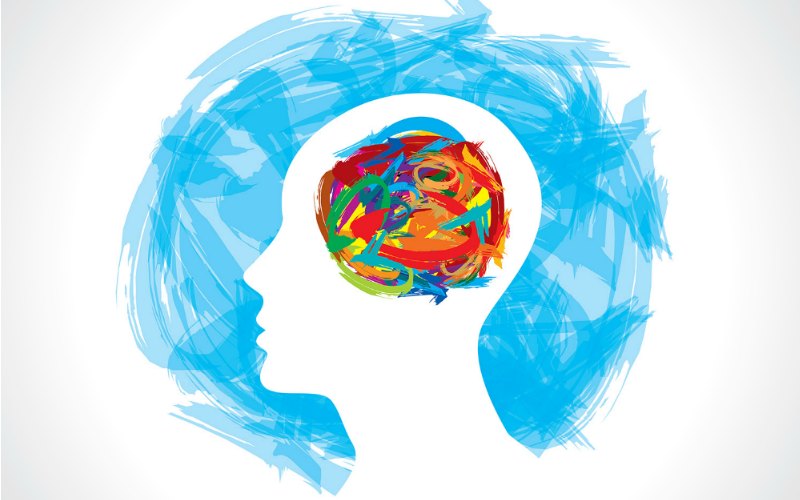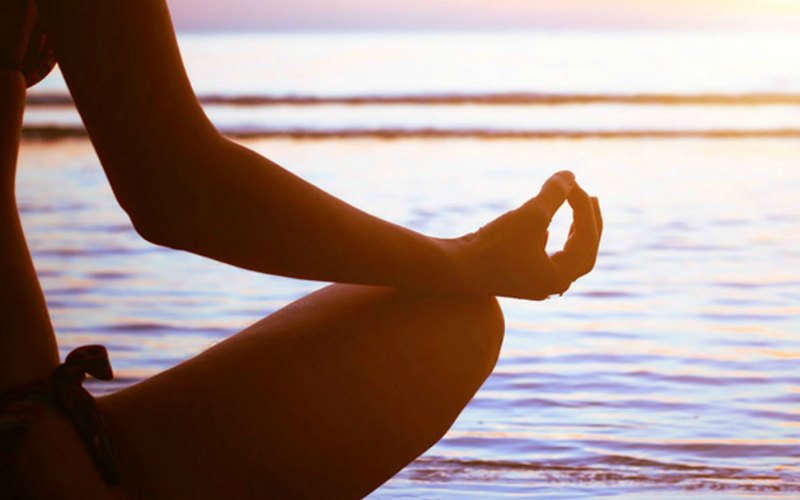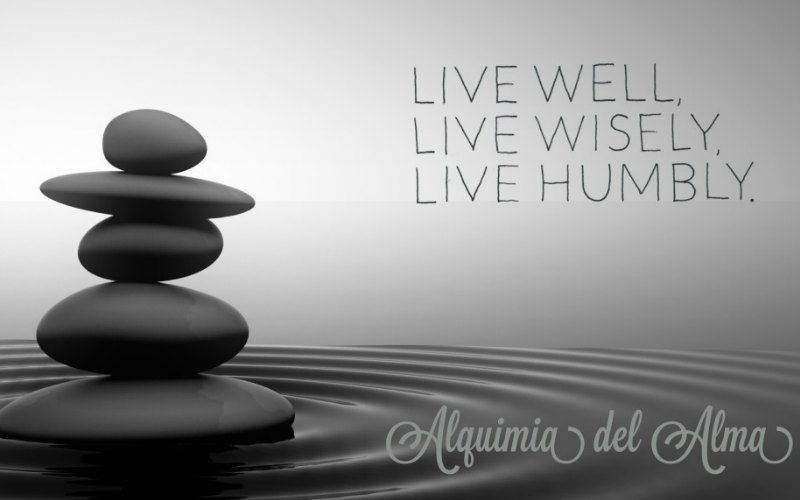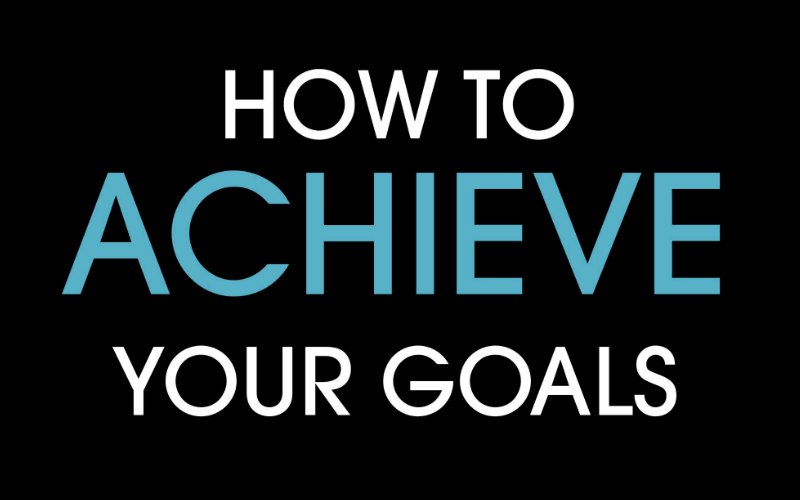
Using a Minimalist Approach to Mental Health
As a minimalist begins to explore the concept of holistic health in his or her life, it becomes quite apparent that one area of health will ultimately impact the other aspects as well. For example, when one does not get enough sleep, this not only creates chaos in the area of physical health, but mental and emotional health as well. This simple reality increases the importance of viewing every action and every decision with intention and purpose. Although the area of physical health is arguably the one most frequently discussed, there is a runner up not too far behind- mental health. Let’s explore this component of holistic health as seen from a minimalist perspective:
Multitasking to “Single-Tasking”
As technology allows society to be more connected, interwoven, and effortlessly accessible, we often neglect our precious brains and instead work in overdrive aimlessly swerving in every direction that our world demands of us. We may sort through unread emails, while listening to our voicemails, and simultaneously jotting down the errands and tasks we need to complete before the sun goes down on our day. We strive to multitask when our brains yearn for the opportunity to single-task. This constant erosion of our mental capacity will eventually take a toll and show up in mental illness, memory loss, an inability to retain information, inefficiency in brain power with completing tasks, and an overall sense of mental exhaustion.
Minimalists seek the value of single-tasking and for good reason. Your brain is hardwired to focus on one subject, one task, at a time. This allows you to complete your work efficiently and purposefully. You are able to present your greatest outcome and take proper care in getting to the end result. Our intentional progression is recognized by those around us. When we begin to embrace single-tasking, our retention of digested material increases, and our brain’s ability to process information with cohesive uniformity strengthens. Others seek to obtain the awareness, the intention, and the clarity that so distinctively show up in our day-to-day tasks. When you allow yourself to process a single task at a time, you give yourself to the project and the project lends itself to you. No more multitasking, no more confusion.
Take a Mental Vacation
Another major component to mental health as it relates to your life overall is found in your ability to take a mental vacation. In America, there is a general trend to not use vacation days, to work overtime on a regular basis, and to blend work and home life. There is very little room to unwind and recoup from a long day or even a long year of work. We strive for the abstract concept of success no matter the cost to our mental health.
One of the greatest things you can do for yourself as a minimalist is to carve out time in your daily, weekly, monthly, and yearly schedules for mental vacation moments. These moments can be as simple as taking a few deep breaths and getting up to walk around after spending a couple hours working on a mentally taxing project, or as intricate as taking an extended vacation for some much-needed time to destress and unwind after a particularly complex year. It is also important to note the work involved does not have to be negative or stressful. Even positive work experiences that require a lot of mental focus and energy should be followed up with a mental vacation. We owe it to ourselves, to our mental stamina, to allow it to rest after it has spent time working so hard.
Let Go of What is Out of Your Control
Finally, learn to let go of the aspects of your life that are not in your control. Quite often, we are really good at ruminating, analyzing, and calculating situations and outcomes that are 100% not in our control. This not only takes you away from the tasks that actually require your attention, but this futile habit puts stress and mental fatigue on your nervous system. The best thing you can do for your mental health is to stop putting your energy where it does not belong.
When you find yourself swimming in a pool of thoughts regarding situations you cannot control, stop, breathe, and refocus your energy elsewhere. It may be necessary to get up and walk away from the project at hand and come back a few minutes later when you have realigned your thoughts with what you are, in fact, in control of. Overtime, you will be able to transition your mental energy from subjects you cannot control to ones you do have an influence over more quickly as you instill this new habit. Be patient with yourself during this process. The more you are able to let go of what you cannot control, the more energy and clarity you will have for the material that is in your power to change.
Your mental health should be a priority as it relates to your holistic health. By establishing the habit of single-tasking and incorporating mental vacations throughout your day, you are setting yourself up for greater clarity and energy when it comes to your brain’s ability to work efficiently for you. When you add in letting go of items you cannot control, you rid your brain of the toxicity of mental stress, rumination, fatigue, and the blanket of forgetfulness. You remove the mental fog in order to make room for intentional work. This is what sets apart minimalists when it comes to their mental health.
















